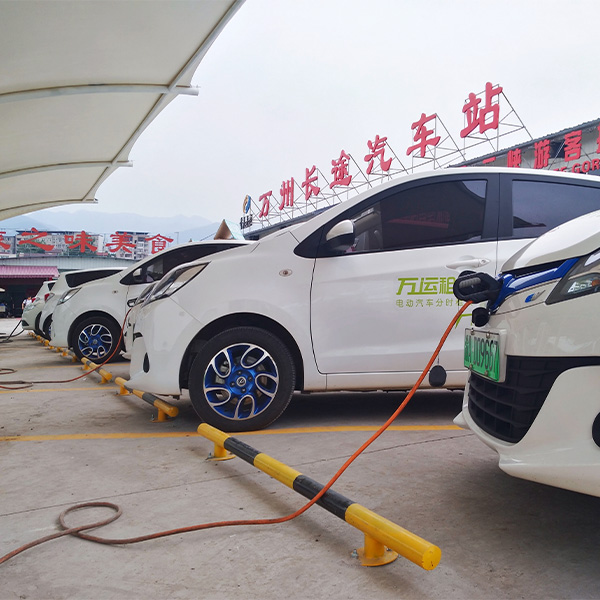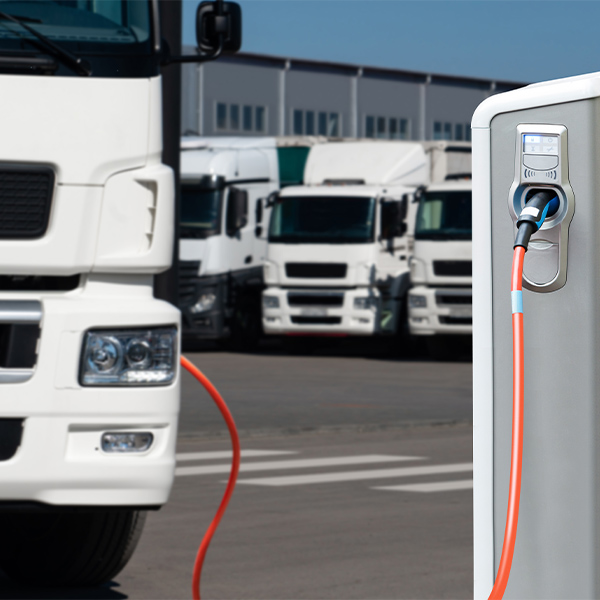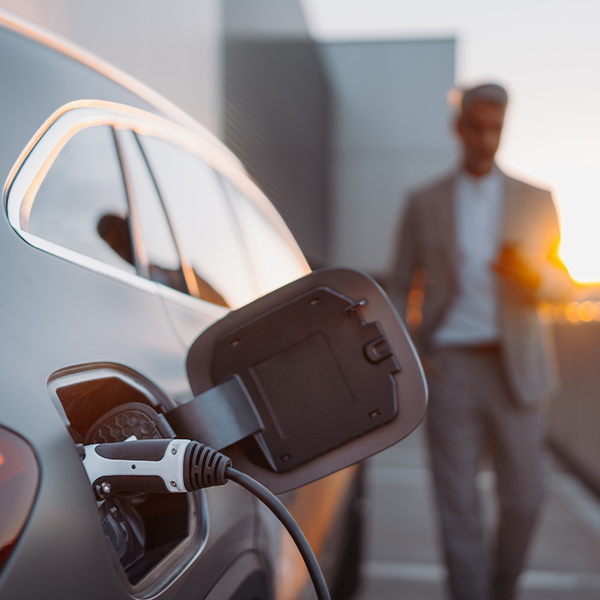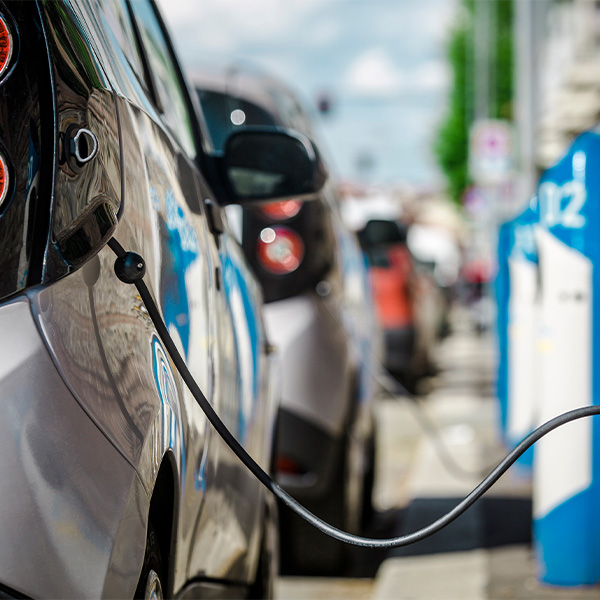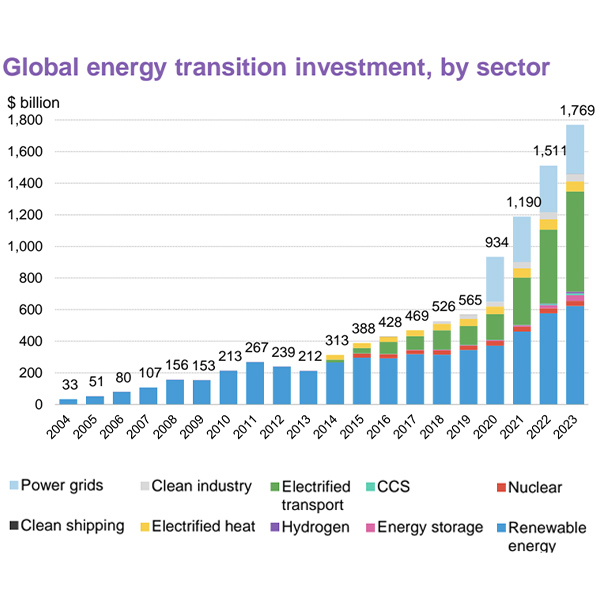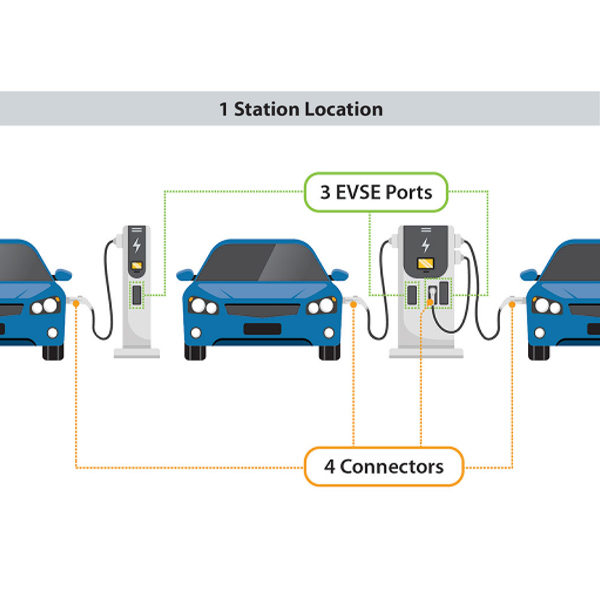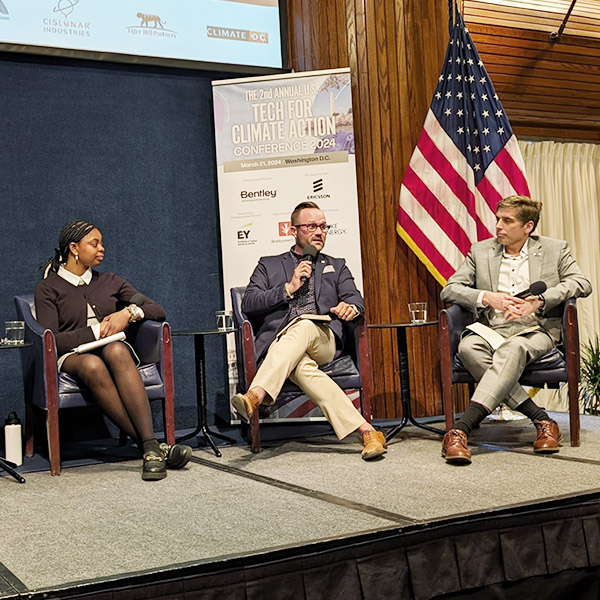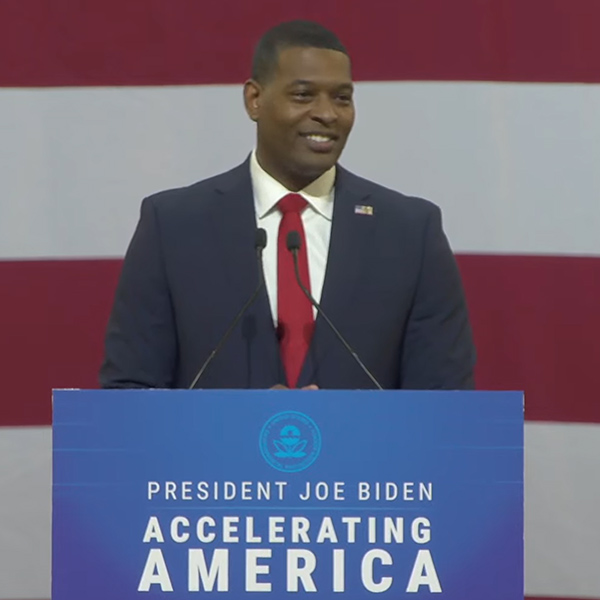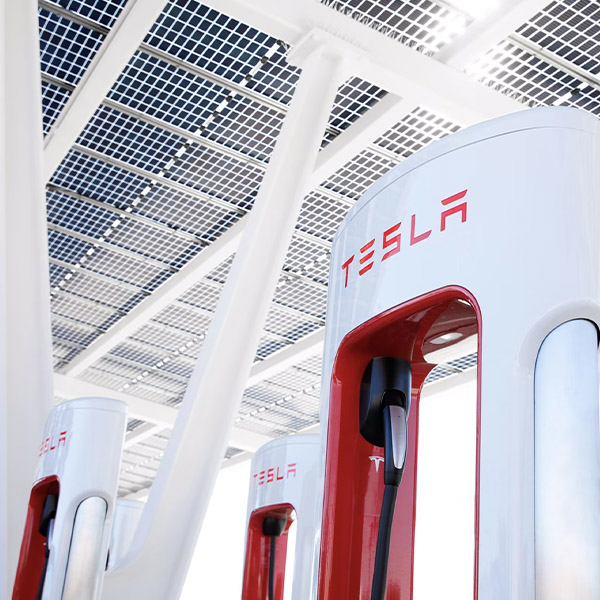Electric vehicles (EVs)
DOE initiatives aimed at expanding EV charging networks have become more urgent as the November election looms and growth in EV sales has slowed.
President Joe Biden directed the U.S. trade representative to slap steep new tariffs on Chinese goods, including semiconductors, solar cells, battery components and electric vehicles.
Serving new demand from medium- and heavy-duty vehicle electrification will require grid upgrades but could lower utility rates, Advanced Energy United said.
According to Kelley Blue Book, the slow-down in EV sales could be a sign that "EVs are almost mainstream cars in parts of the country. Segment growth typically slows as volume increases."
The state of Washington announced it will offer financial aid for residents of modest income wanting to buy or lease electric vehicles.
Global investment in passenger electric vehicles was up 36% in 2023, investment in energy storage jumped 77%, and investment in carbon capture and storage nearly doubled.
The California Energy Commission and Department of Transportation are seeking feedback on a state grant program designed to replace and repair more than 1,300 chargers at 300 sites statewide.
Federal and state policy paradigms are moving from a focus on promoting travel in single passenger vehicles to a broader understanding of different modes of mobility.
EPA's final rule on light-duty vehicle emissions aims to give the industry more time and flexibility on how to reach its ambitious targets.
California's charging network is getting a boost from two different directions: a state program aimed at providing high-density Level 2 chargers in underserved areas and the opening of Tesla’s charging network to non-Tesla vehicles.
Want more? Advanced Search

